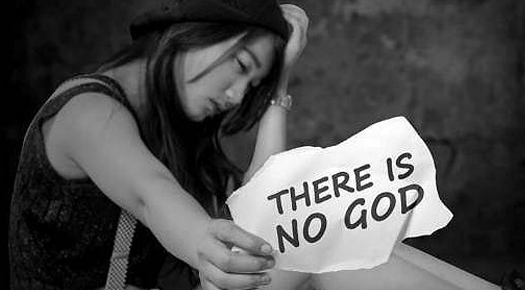
In what seems to be the largest study ever to have been carried out on the changes in Americans’ religious affiliations, researchers led by Jean M. Twenge, professor of psychology at San Diego State University, found millennials to be the least religious generation in the last 60 years and possibly in the history of the nation. The researchers assessed data of 11.2 million respondents from four nationally depictive surveys of American adolescents aged 13 to 18 years from 1966 to 2014.
According to their findings, adolescents of today’s generation are less likely to say religion plays an important part in their lives, offer less approval of religious organizations and report spending less time for prayer or meditation and being less spiritual.
“Unlike previous studies, ours is able to show that millennials' lower religious involvement is due to cultural change, not to millennials being young and unsettled,” said Twenge. “Millennial adolescents are less religious than Boomers and GenX'ers were at the same age. … We also looked at younger ages than the previous studies. More of today's adolescents are abandoning religion before they reach adulthood, with an increasing number not raised with religion at all.”
In comparison to the late 1970s, twice as many 12th grade students and college graduates have never attended religious services, with 75 percent more 12th grade students saying religion is not at all important in their lives. In comparison to the early 1980s, twice as many high school seniors and thrice as many college graduates in the 2010s chose “none” when asked what religion they belong to. In comparison to the 1990s, 20 percent fewer college graduates described themselves as “above average” when asked about spirituality, implying that there is a definitive difference between religion and spirituality.
“These trends are part of a larger cultural context, a context that is often missing in polls about religion,” Twenge said. “One context is rising individualism in U.S. culture. Individualism puts the self first, which doesn't always fit well with the commitment to the institution and other people that religion often requires. As Americans become more individualistic, it makes sense that fewer would commit to religion.”
Photo Credits: Rawstory
